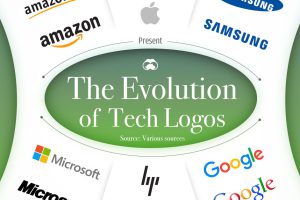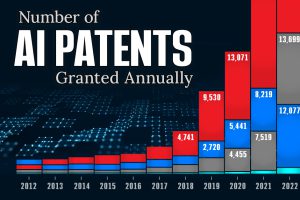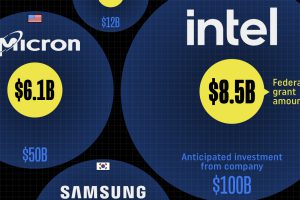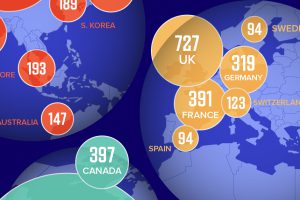Infographic: How Decentralized Finance Could Make Investing More Accessible
Did you know that a majority of the global population doesn’t have access to quality financial assets?
In advanced economies, we are lucky to have simple options to grow and protect our wealth. Banks are all over the place, markets are robust, and we can invest our money into assets like stocks or bonds at the drop of a hat.
In the United States, roughly 52% of people are invested in the stock market – but in a place like India, for example, this portion drops to a paltry 2%. How can we make it possible for people on the “outside” of the financial system to gain access?
Breaking Down Barriers
Today’s infographic comes to us from Abra, and it shows how decentralized finance could make investing a more universal phenomenon, especially for those that don’t have access to the modern financial system.
It lays out four key obstacles that prevent people in developing markets from investing in quality financial assets in the first place:
- The Geographic Lottery
Where you live plays a massive role in determining your ability to build wealth. In advanced Western economies, the average person is much more likely to be invested in financial markets that can help compound wealth. - Financial Literacy and Complexity
Roughly 3.5 billion adults globally lack an understanding of basic financial concepts, which creates an impenetrable barrier to investing. - Local Market Turmoil
Even if a person is mentally prepared to invest, local market turmoil (hyperinflation, political crises, closed borders, etc.) can make it difficult to get access to stable assets. - The Cost of Investing in Foreign Markets
Foreign assets can be pricey. One share of Amazon is $1,800, which is realistically more money than many people around the world can afford.
In other words, there are billions of people globally that can’t take advantage of some of the most effective wealth-building tactics.
This is just one flaw in the current financial system, a paradigm that has created massive amounts of wealth but only for a specific and well-connected group of people.
Enter Decentralized Finance
Could decentralized finance be the alternative to open up access to financial markets?
By combining apps with blockchain technology – specifically through public blockchains such as Bitcoin or Ethereum – decentralized finance makes it possible to get around some of the barriers that are created by more traditional systems.
Here are some of the innovations that are making this possible:
Smart contracts could automate transactions and remove intermediaries, making investing cheaper, faster, and more accessible.
Fractional investing could allow partial or shared ownership of financial assets by using tokenization. This would make expensive stocks like Amazon ($1,800 per share) available to a much wider segment of the population.
Location independent investing is possible through smartphones. This would make it possible for people in remote parts of the developing world to invest, even without access to nearby financial institutions or local markets.
Like the internet with knowledge, decentralized finance could reshape the world by making financial access universal. Who’s ready?





